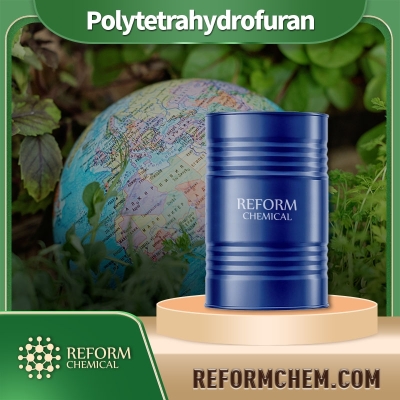-
Categories
-
Pharmaceutical Intermediates
-
Active Pharmaceutical Ingredients
-
Food Additives
- Industrial Coatings
- Agrochemicals
- Dyes and Pigments
- Surfactant
- Flavors and Fragrances
- Chemical Reagents
- Catalyst and Auxiliary
- Natural Products
- Inorganic Chemistry
-
Organic Chemistry
-
Biochemical Engineering
- Analytical Chemistry
-
Cosmetic Ingredient
- Water Treatment Chemical
-
Pharmaceutical Intermediates
Promotion
ECHEMI Mall
Wholesale
Weekly Price
Exhibition
News
-
Trade Service
Cars have different impacts on the environment during production, transportation and driving on the road, and the automotive industry is also burdened with protecting the environment in different aspects
.
Japanese car brand Nissan owns Leaf pure electric vehicles, and is also actively engaged in the research and development of battery technology, which is at the forefront of protecting the environment
.
Nissan plans to build a new solar power plant in the experimental area of its Sunderland plant in the UK, which will be carried
out by European Energy Voltaics.
The solar power plant has a total of 19,000 individual solar panels that can produce a total of 4.
75 megawatts of electricity
.
The Sunderland plant currently has 10 wind turbines, and the two power generation facilities will operate simultaneously, generating enough electricity to produce 31,000 new cars per year and emit 3,000 tons less CO2 than conventional energy sources
.
Colin Lawther, Nissan's Senior Vice President for Product Production, Sourcing and Supply Chain for Europe, said: "Renewable energy is an important part of
Nissan's Intelligent Mobility.
We have produced more than 50,000 Leaf units, and the new Leaf with an industry-leading range of 250 kilometers is now available
.
The Sunderland plant is powered by 10 wind turbines, and the new solar power plant will further reduce the adverse
environmental impact of Nissan models over their life cycle.
”
The Sunderland plant, one of Nissan's most important plants, is mainly used to produce Qashqai and Leaf models, with production reaching 476,589 vehicles last year, meaning that the electricity provided by the solar power plant will account for about
6.
5% of the Sunderland plant's capacity.
Nissan recently announced that it will implement a new vehicle-grid project in the UK, under which owners of Nissan's new Leaf can sell excess electricity stored in the vehicle's battery to Nissan's grid facilities, thereby reducing costs and environmental impact
through energy recovery.
Cars have different impacts on the environment during production, transportation and driving on the road, and the automotive industry is also burdened with protecting the environment in different aspects
.
Japanese car brand Nissan owns Leaf pure electric vehicles, and is also actively engaged in the research and development of battery technology, which is at the forefront of protecting the environment
.
Nissan plans to build a new solar power plant in the experimental area of its Sunderland plant in the UK, which will be carried
out by European Energy Voltaics.
The solar power plant has a total of 19,000 individual solar panels that can produce a total of 4.
75 megawatts of electricity
.
The Sunderland plant currently has 10 wind turbines, and the two power generation facilities will operate simultaneously, generating enough electricity to produce 31,000 new cars per year and emit 3,000 tons less CO2 than conventional energy sources
.
Colin Lawther, Nissan's Senior Vice President for Product Production, Sourcing and Supply Chain for Europe, said: "Renewable energy is an important part of
Nissan's Intelligent Mobility.
We have produced more than 50,000 Leaf units, and the new Leaf with an industry-leading range of 250 kilometers is now available
.
The Sunderland plant is powered by 10 wind turbines, and the new solar power plant will further reduce the adverse
environmental impact of Nissan models over their life cycle.
”
The Sunderland plant, one of Nissan's most important plants, is mainly used to produce Qashqai and Leaf models, with production reaching 476,589 vehicles last year, meaning that the electricity provided by the solar power plant will account for about
6.
5% of the Sunderland plant's capacity.
Nissan recently announced that it will implement a new vehicle-grid project in the UK, under which owners of Nissan's new Leaf can sell excess electricity stored in the vehicle's battery to Nissan's grid facilities, thereby reducing costs and environmental impact
through energy recovery.







